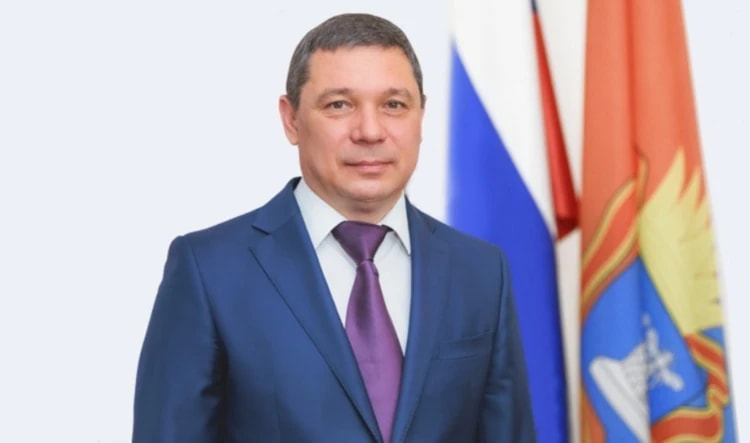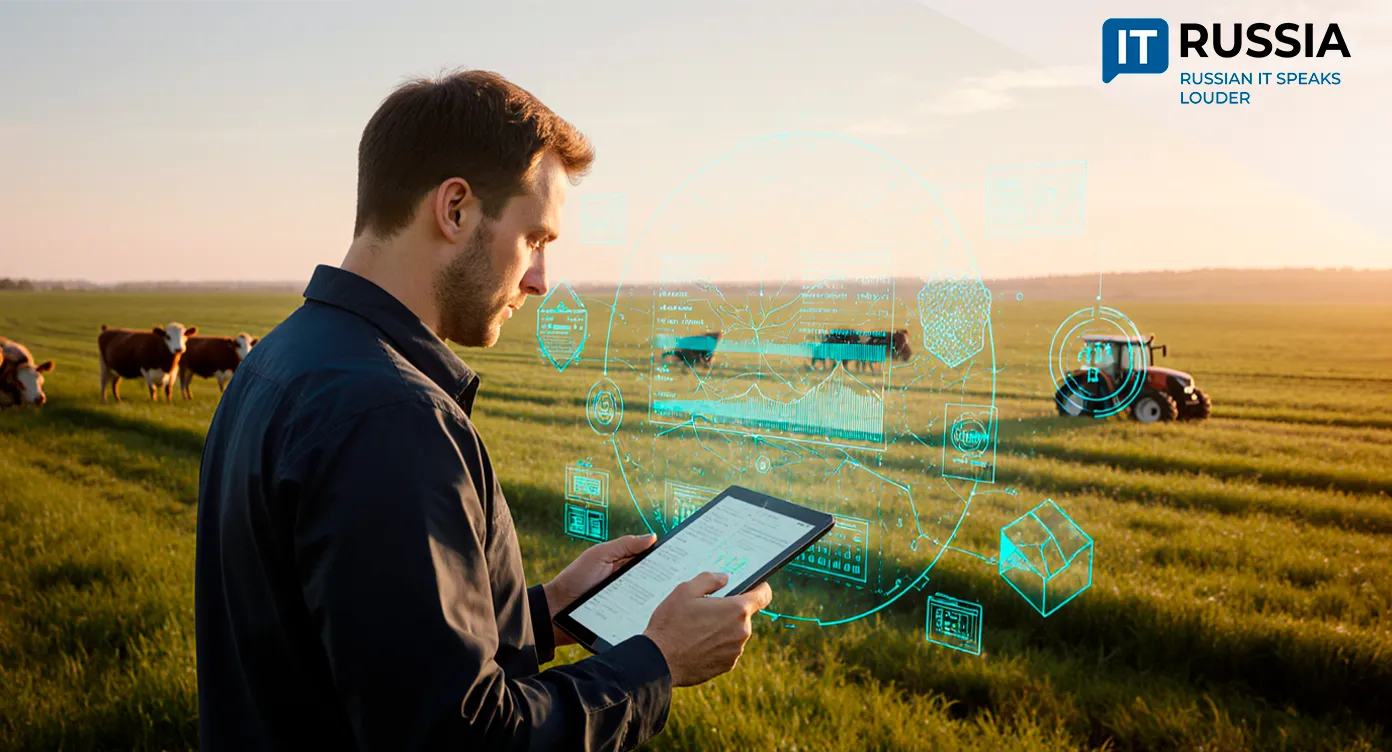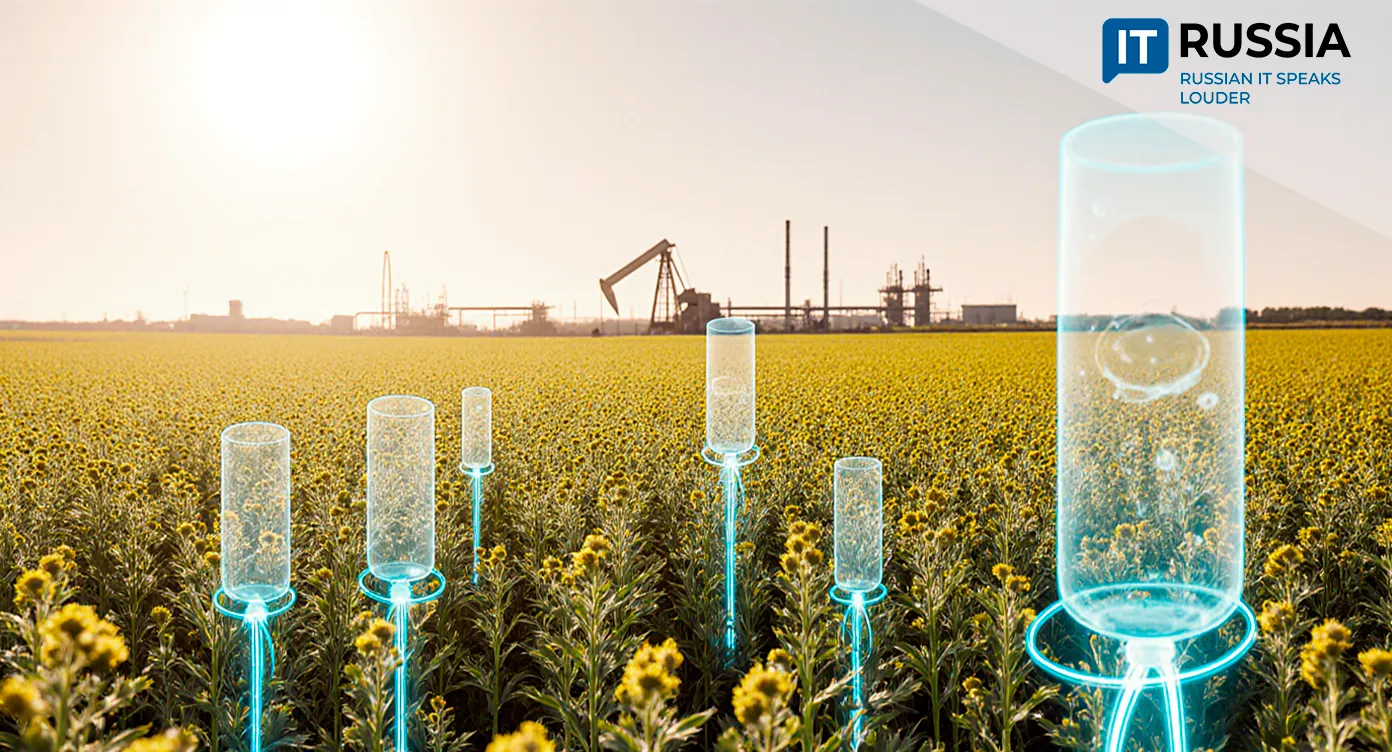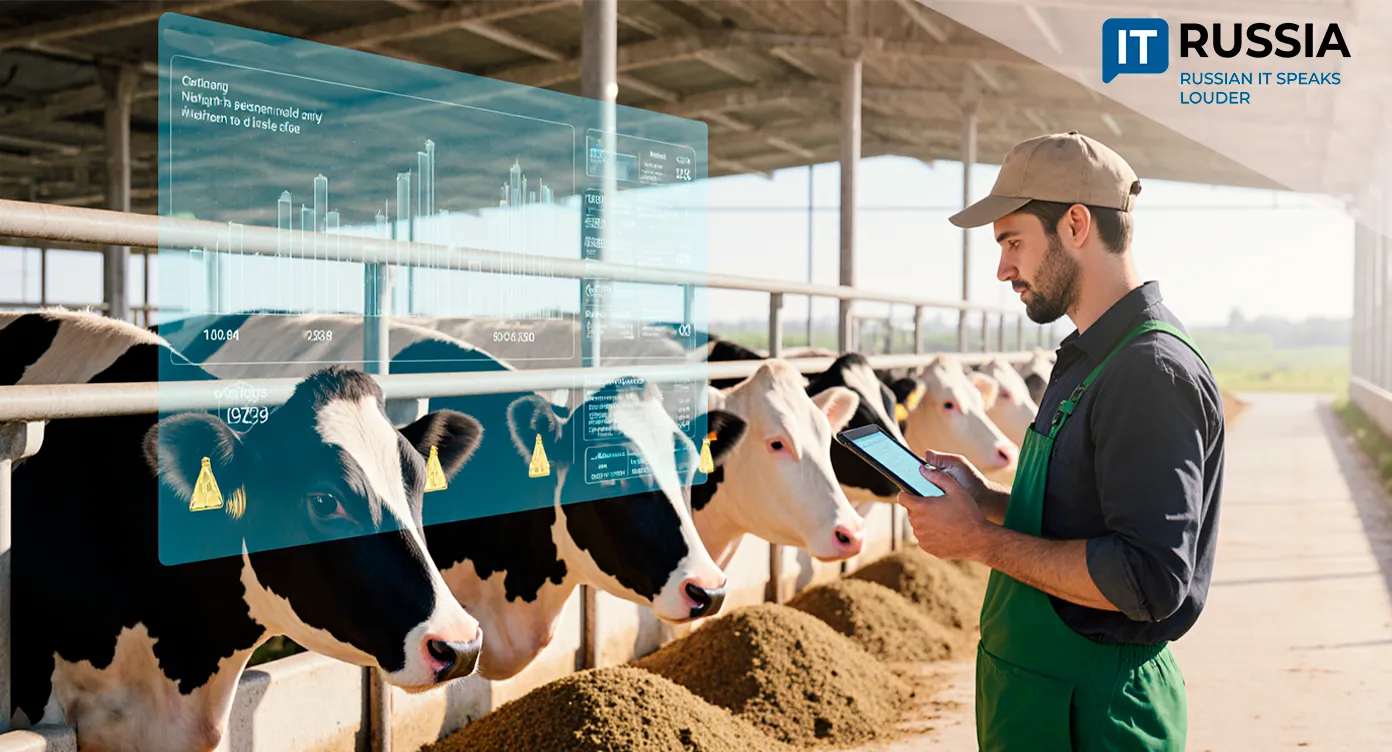Cloud for the Field: How Digital Platforms Are Transforming Russian Crop Production
At the Golden Autumn agricultural exhibition, Russian developers presented 'Field History,' a cloud-based farm management platform already used by agribusinesses in the Tambov region. The system demonstrates how domestic digital technologies are modernizing crop production and improving efficiency across the country.
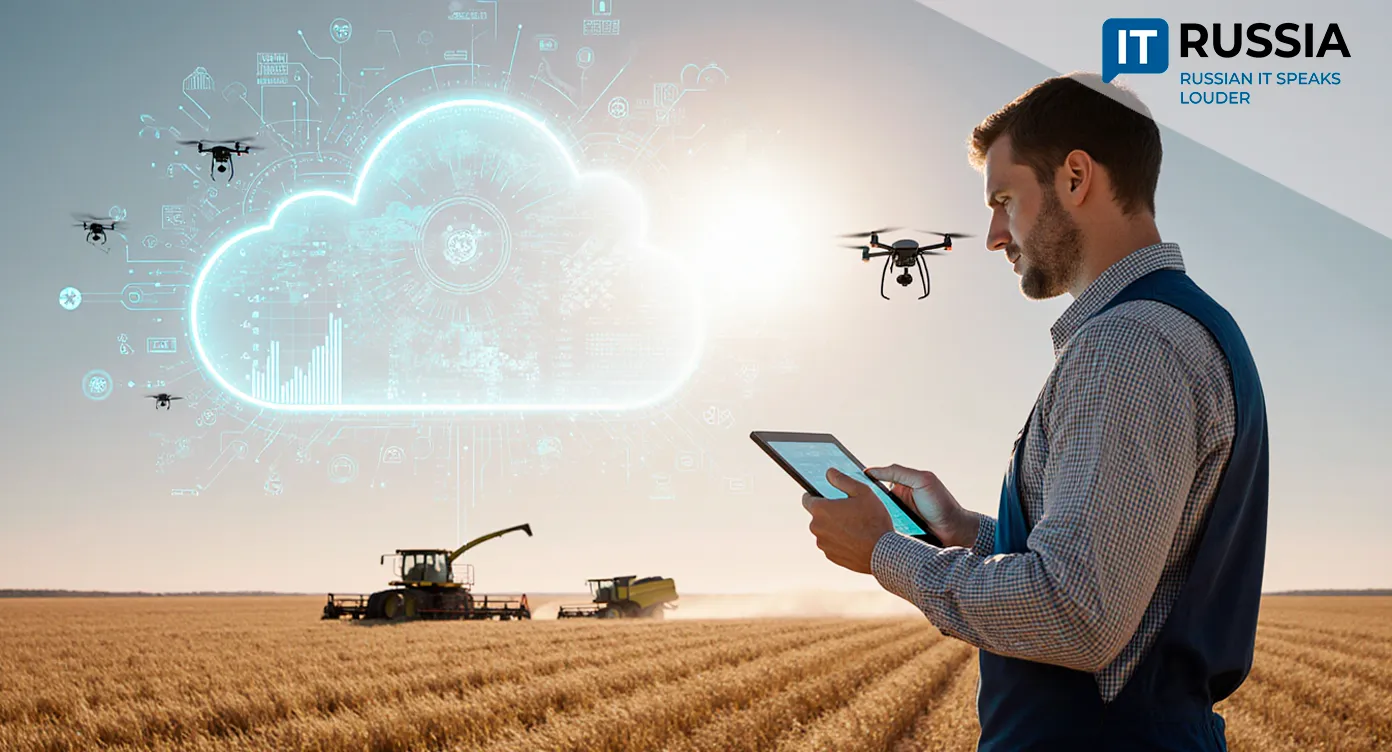
All the Data in One Field
Tambov farmers introduced the cloud-based 'Field History' platform at the 27th Russian Agricultural Exhibition Golden Autumn. Supported by the Russian Information Technology Development Fund under the national project 'Technological Support for Food Security,' the system offers farmers a fully integrated digital solution for managing crop production.
The platform automatically collects data from multiple sources — sensors, drones, and satellites — and consolidates it in one interface. Once aggregated, the data is analyzed to help managers make informed operational decisions. Users can access multi-layered electronic maps of fields, land registries, and crop histories, synchronized with cadastral data from the Russian Federal Register.
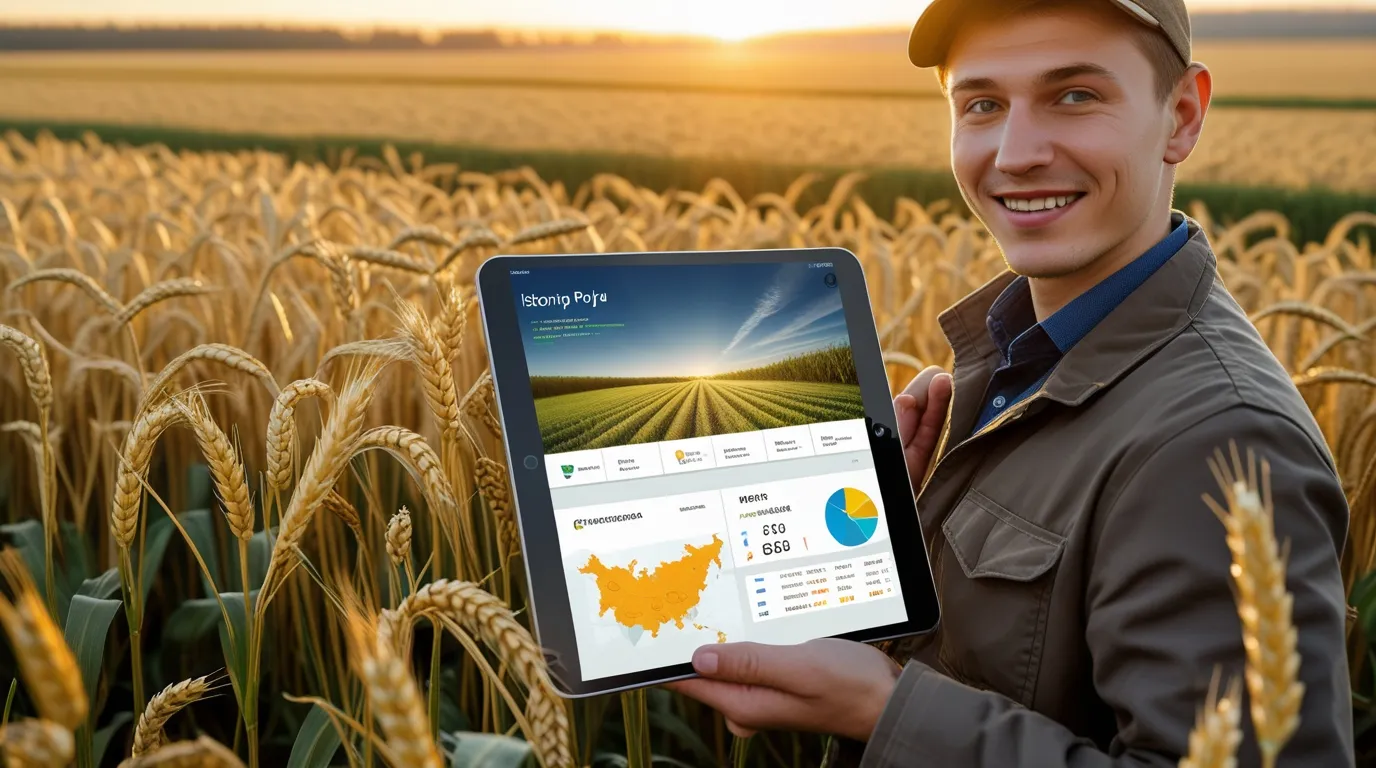
Farmers can use the system to plan optimal crop rotations through computer modeling, while needs for seeds, fertilizers, machinery, and fuel are automatically calculated. During the growing season, drone and satellite monitoring assess crop health and detect anomalies early, allowing farmers to respond before issues affect yields.
Speed, Efficiency, and Integration
Speed is one of the platform’s biggest advantages. With consolidated reports available instantly, managers can make decisions without lengthy meetings or manual data collection. The system automatically monitors equipment use and tracks completed fieldwork, fuel consumption, and productivity.
'Field History' integrates with other enterprise systems via REST API, pulling in data from local weather stations and analytical BI platforms. It also connects with Russia’s widely used 1C accounting software, which accelerates documentation and simplifies financial operations.
Because it’s a domestic development, data is stored securely within Russia, and the system remains cost-efficient — implementation costs start at just 30 rubles ($0.35) per hectare per year. According to experts, the platform improves accounting accuracy by 40%, reduces seed, fertilizer, and fuel use by 15%, and increases yields by about 5%.
AI and the Future of AgriTech
The Russian agricultural sector was included in the national digital transformation strategy in 2018, with the 'Digital Agriculture' program launching the following year. Its goal is to modernize production through technological innovation.
'Field History' is now used by more than 400 Russian agribusinesses covering nearly 10 million hectares of farmland. As Anatoly Kozlov, CFO of KrasnodarAgroAlliance, explains: “This service has become the core of our production management system. It’s an indispensable tool that enables us to explore even more ideas for digitalizing agriculture, and we plan to keep expanding it.”
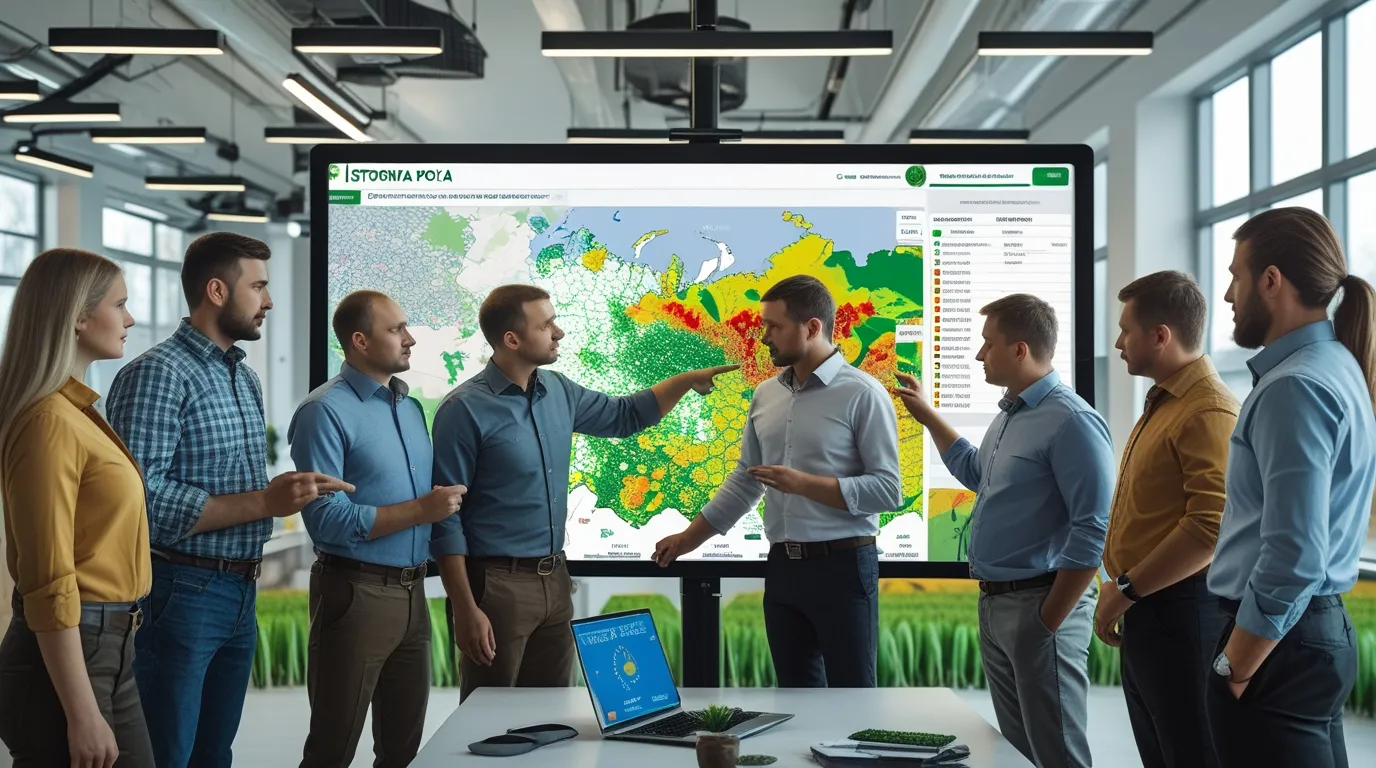
The platform’s next stage will see it evolve into a full ERP system integrating financial and production workflows, powered by artificial intelligence. AI-based analytics will soon help forecast yields and generate agronomic recommendations throughout the growing cycle.
In 2025, Russia will launch a Unified Digital Agriculture Platform, connecting 18 government information systems. Integrating 'Field History' with this ecosystem will further accelerate processes across the country’s agri-food complex.
Competition and Export Potential
Russia’s AgTech market is becoming increasingly competitive. Platforms like 'Agrika' offer similar digital environments for managing production processes, giving farmers options and driving innovation in agricultural technology.
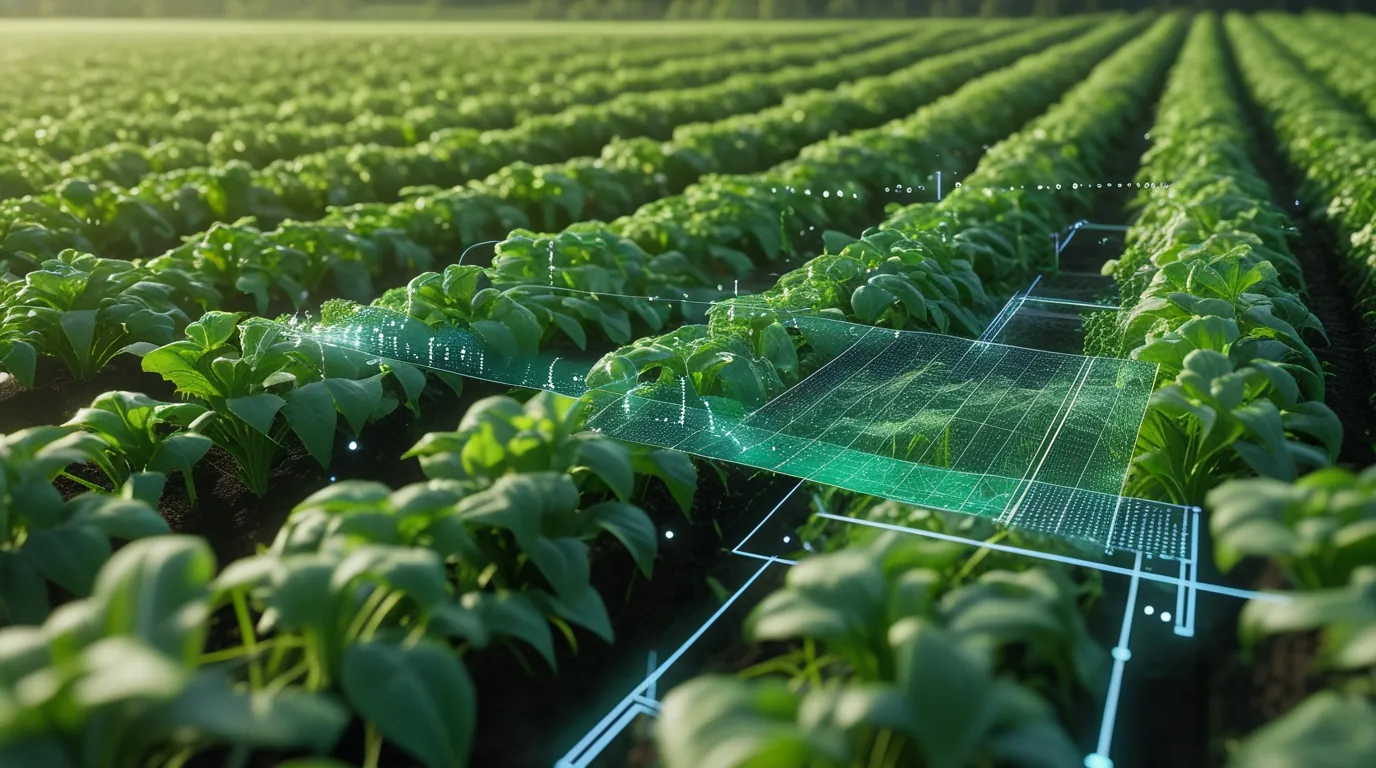
Over the next few years, these systems could evolve into nationwide farm management platforms, significantly improving profitability and operational efficiency. As competition grows, consumers are expected to benefit from lower food prices and higher product quality.
Once adapted for diverse regional climates, Russia’s agricultural management systems could become export-ready AgTech products, meeting the needs of developing markets seeking affordable digital tools for agricultural modernization.


